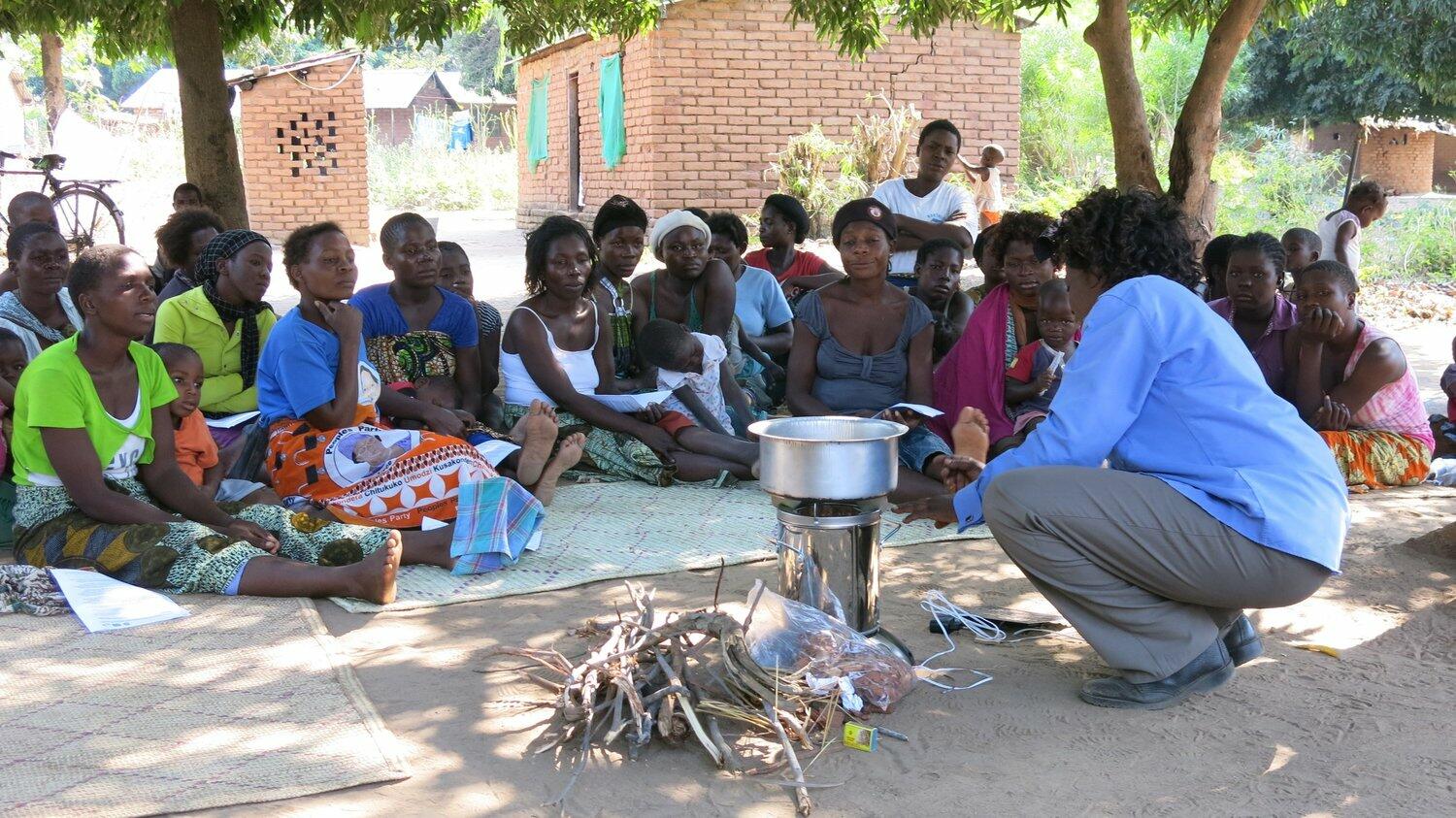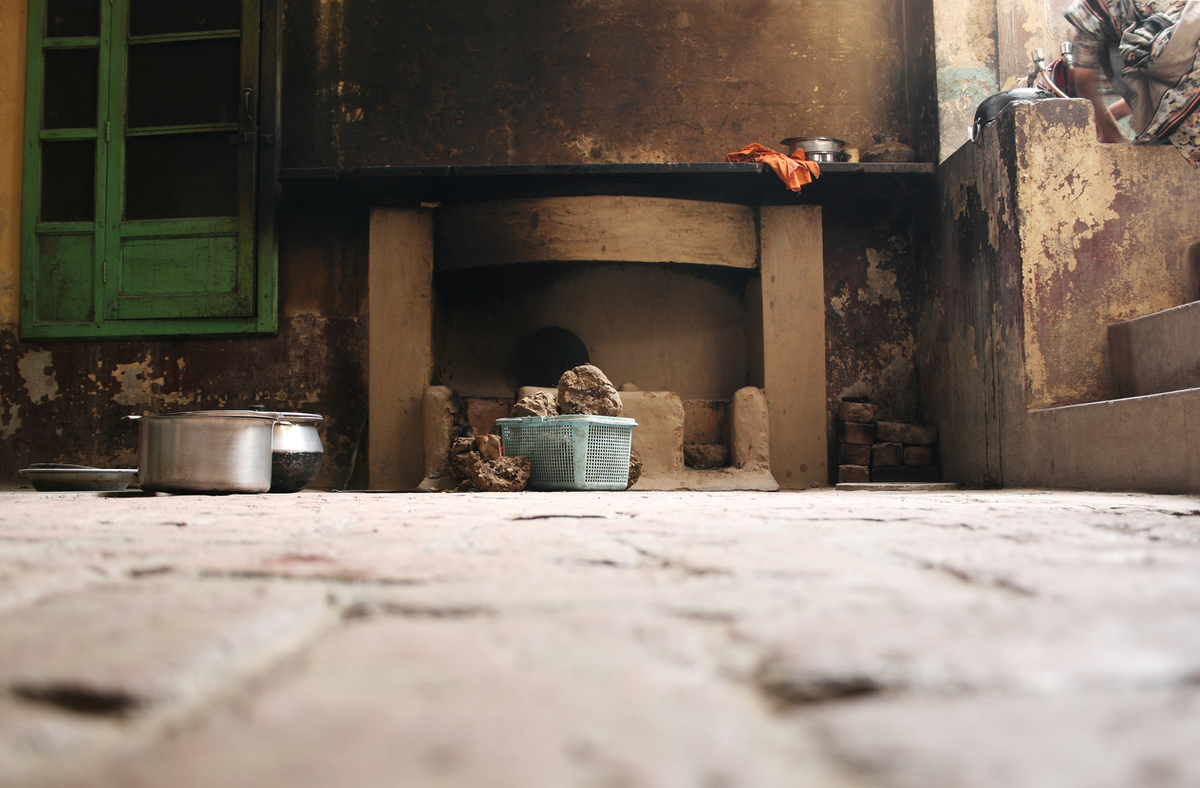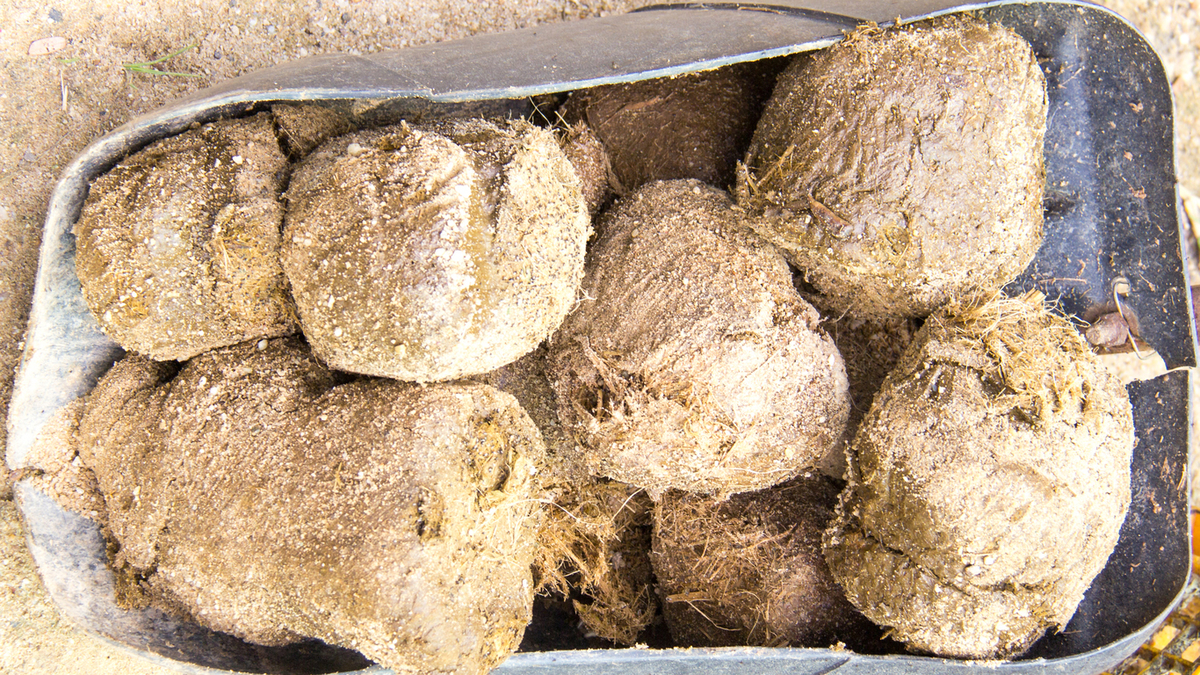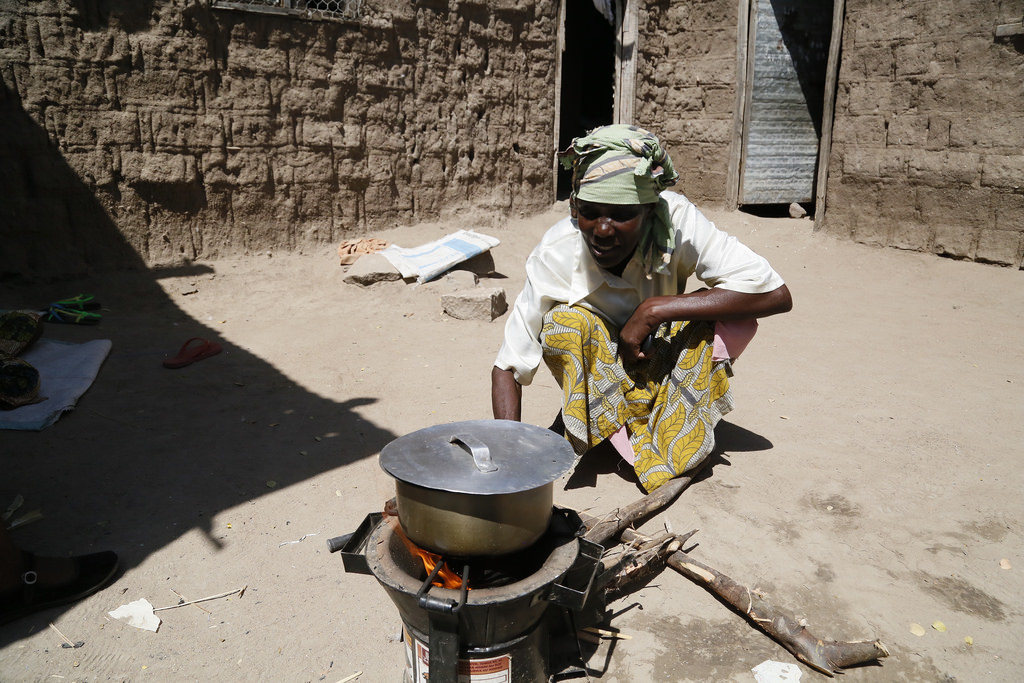
An advanced cookstove intervention to prevent pneumonia in children under 5 years old in Malawi: a cluster randomised controlled trial
Malawi has one of the highest rates of death among infants and children under five years of age (69 and 110 per 1000 live births respectively in 2009).
Pneumonia (lung disease) is the leading cause of death with around 298 per 1000 children under the age of 5 diagnosed with pneumonia every year and a death rate between 2.7 and 13.2 per 1000 children. Exposure to smoke produced when biomass fuels (animal or plant material) are burned in open fires is a major avoidable risk factor for pneumonia. In Malawi, where at least 95% of households depend on biomass as their main source of fuel, biomass smoke exposure is likely to be responsible for this disease.
Efficient methods for reducing smoke exposure exist (e.g. ventilation, improved stoves, cleaner fuels, behaviour changes) but are out of reach for the majority due to many reasons that are mostly poverty related. The Global Alliance for Clean Cookstoves was launched in 2010 to tackle this issue.
The main aim of the alliance is for 100 million homes to have clean and efficient stoves and fuels by 2020. However, there is very less evidence to know the potential benefits of such an approach.
This study will test an efficient and locally acceptable advanced cookstove that reduces smoke emissions and thereby prevent pneumonia in children.
|
|
|
| Biomass fuels: the problem | Biomass fuels: towards solutions |
|
|
|
| CAPS: The Trial |


